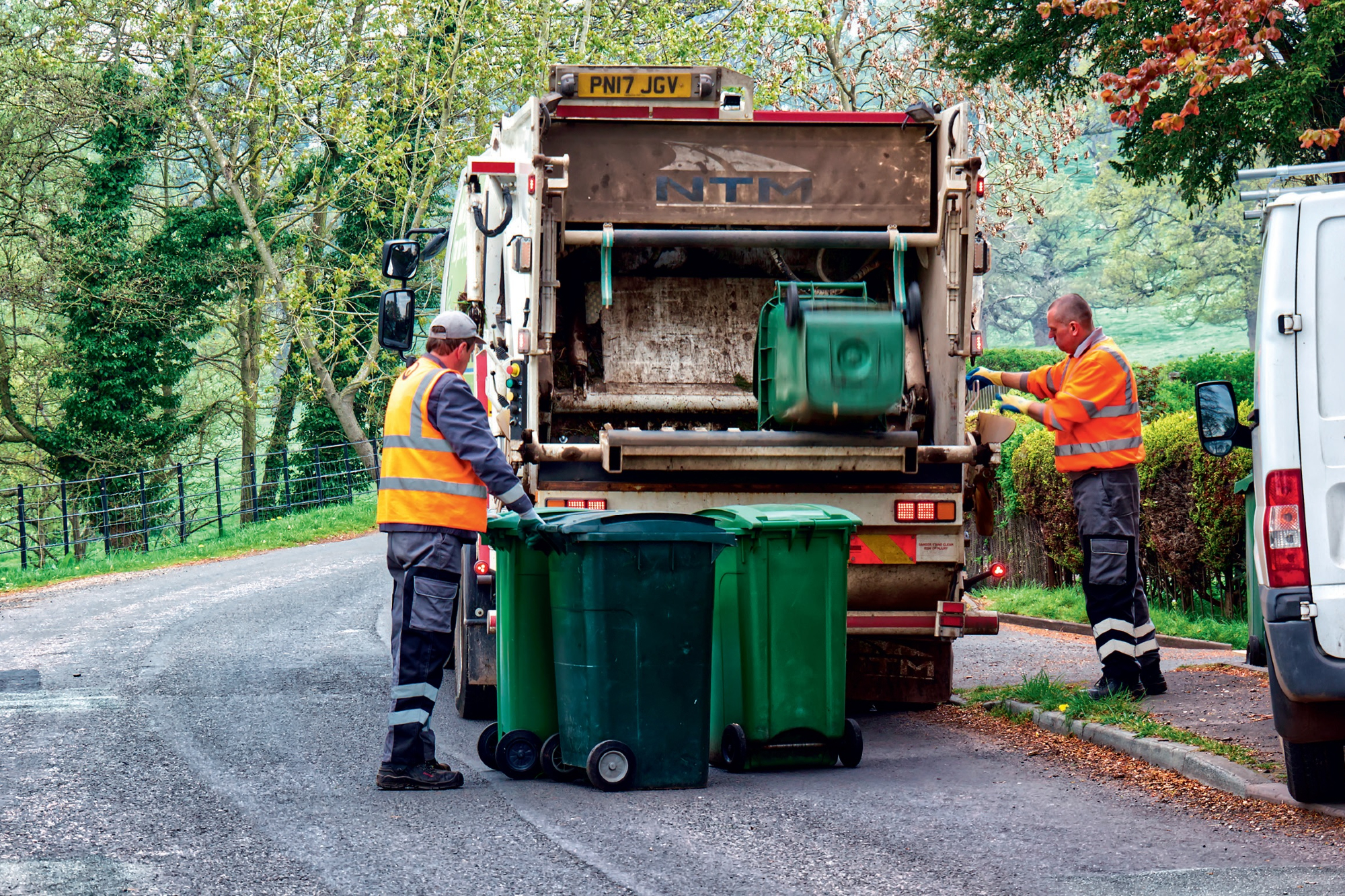Waste management is an essential part of our daily lives, often unnoticed yet pivotal in maintaining the cleanliness and sustainability of our environment. In this comprehensive guide, we’ll explore the journey of waste from the moment it lands in our rubbish bins to its final destination, be it recycling plants, landfills, or energy recovery facilities.
In recent times, the conventional rubbish bin has seen competition from more tailored waste management solutions. For instance, AYS Skip Hire Ltd offers innovative services as an alternative to the standard rubbish bin in Bournemouth, catering to specific waste disposal needs with efficiency and environmental consciousness at the forefront.
Understanding Waste Management
Waste management involves a series of activities: collection, transportation, treatment, and disposal of waste. This process also encompasses monitoring, regulation, and the legal frameworks that enable waste management to function smoothly.
Types of Waste
Before diving into the lifecycle, it’s crucial to understand the types of waste we produce:
- Municipal Waste: Includes household and commercial waste.
- Hazardous Waste: Contains harmful substances that require special handling.
- Biodegradable Waste: Can be decomposed by microorganisms.
- Recyclable Material: Can be converted into new products, reducing the need for virgin materials.
The Journey of Your Waste
Collection and Segregation
The first step in the waste management chain is the collection of waste from households, businesses, and public spaces. Segregation at source plays a vital role in this stage, determining the efficiency of recycling and the reduction of landfill waste.
Transportation to Treatment Facilities
Once collected, waste is transported to various treatment facilities. This includes recycling centers, composting facilities for organic waste, and transfer stations for non-recyclable materials.
Recycling and Recovery
Recycling is the cornerstone of waste management, transforming waste materials into new products. This process conserves natural resources, reduces greenhouse gas emissions, and minimizes the strain on landfills.
Composting and Biogas Production
Organic waste undergoes composting, turning it into valuable compost for agriculture. Alternatively, it can be used in biogas plants to generate energy.
Landfilling
Despite efforts to recycle and recover, some waste ends up in landfills. Modern landfills are engineered to minimize environmental impact, but reducing landfill waste remains a priority.
Energy Recovery
Waste-to-energy plants incinerate non-recyclable waste, generating electricity and heat. This process reduces waste volume and harnesses energy from waste materials.
Innovations in Waste Management
The field of waste management is ripe with innovations aimed at reducing waste and improving recycling processes. From advanced sorting technologies to the development of biodegradable materials, the industry is evolving to meet the demands of a sustainable future.
Public Awareness and Participation
The success of waste management heavily relies on public participation. Awareness campaigns and educational programs are crucial in encouraging responsible waste disposal and recycling habits.
Challenges and Opportunities
The waste management industry faces numerous challenges, including the increase in plastic waste, the need for improved recycling technologies, and the management of electronic waste. However, these challenges also present opportunities for innovation and development.
The Role of Policy and Regulation
Effective waste management requires robust policy frameworks and regulations. Policies that encourage recycling, reduce single-use plastics, and promote sustainable waste management practices are essential in driving change.
Conclusion:
The lifecycle of waste in the rubbish bin service chain is a complex yet fascinating journey. Each of us plays a pivotal role in this ecosystem, from the choices we make as consumers to our habits in waste disposal and recycling. By understanding the journey of our waste and the impact of our actions, we can contribute to a more sustainable and environmentally friendly world.



